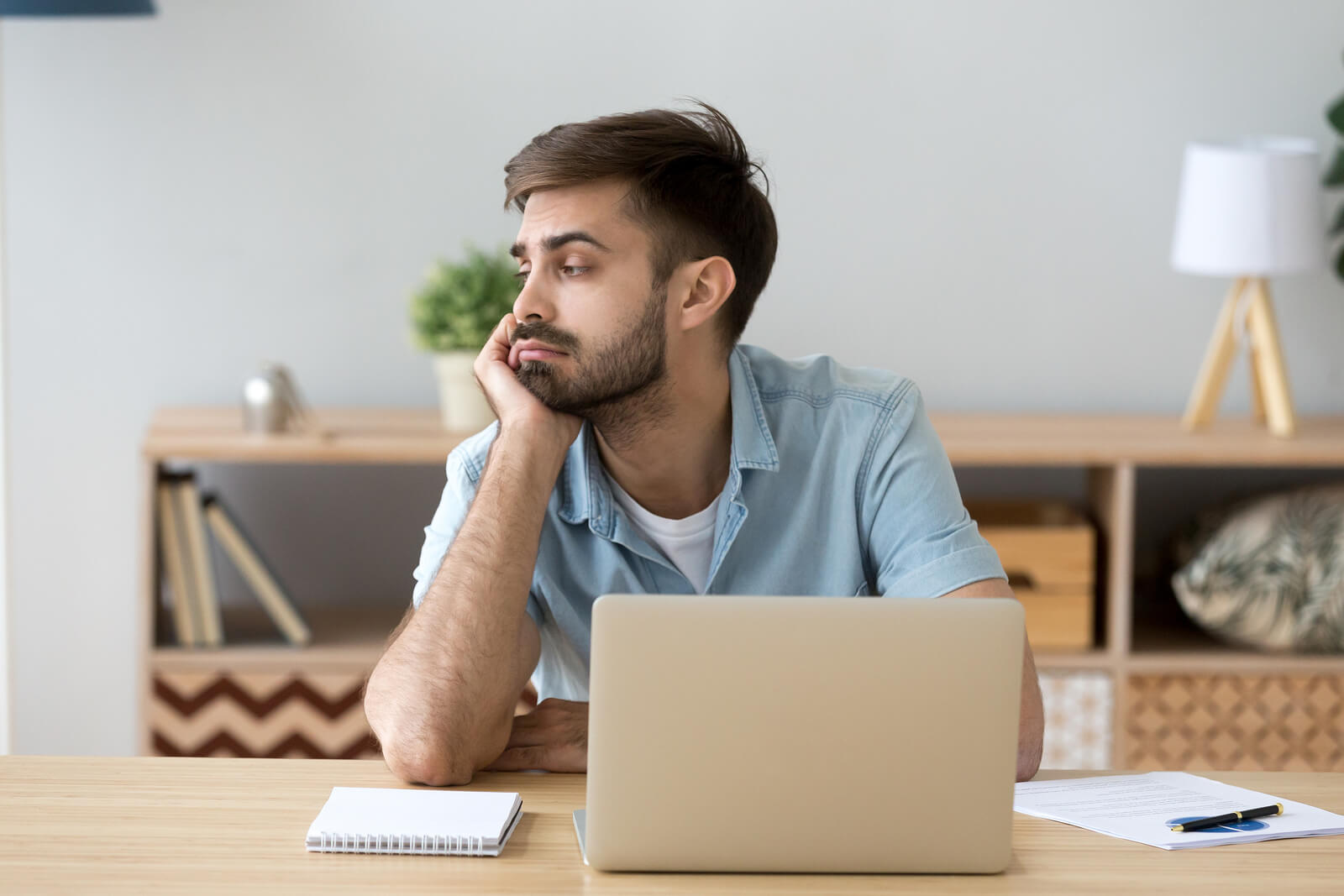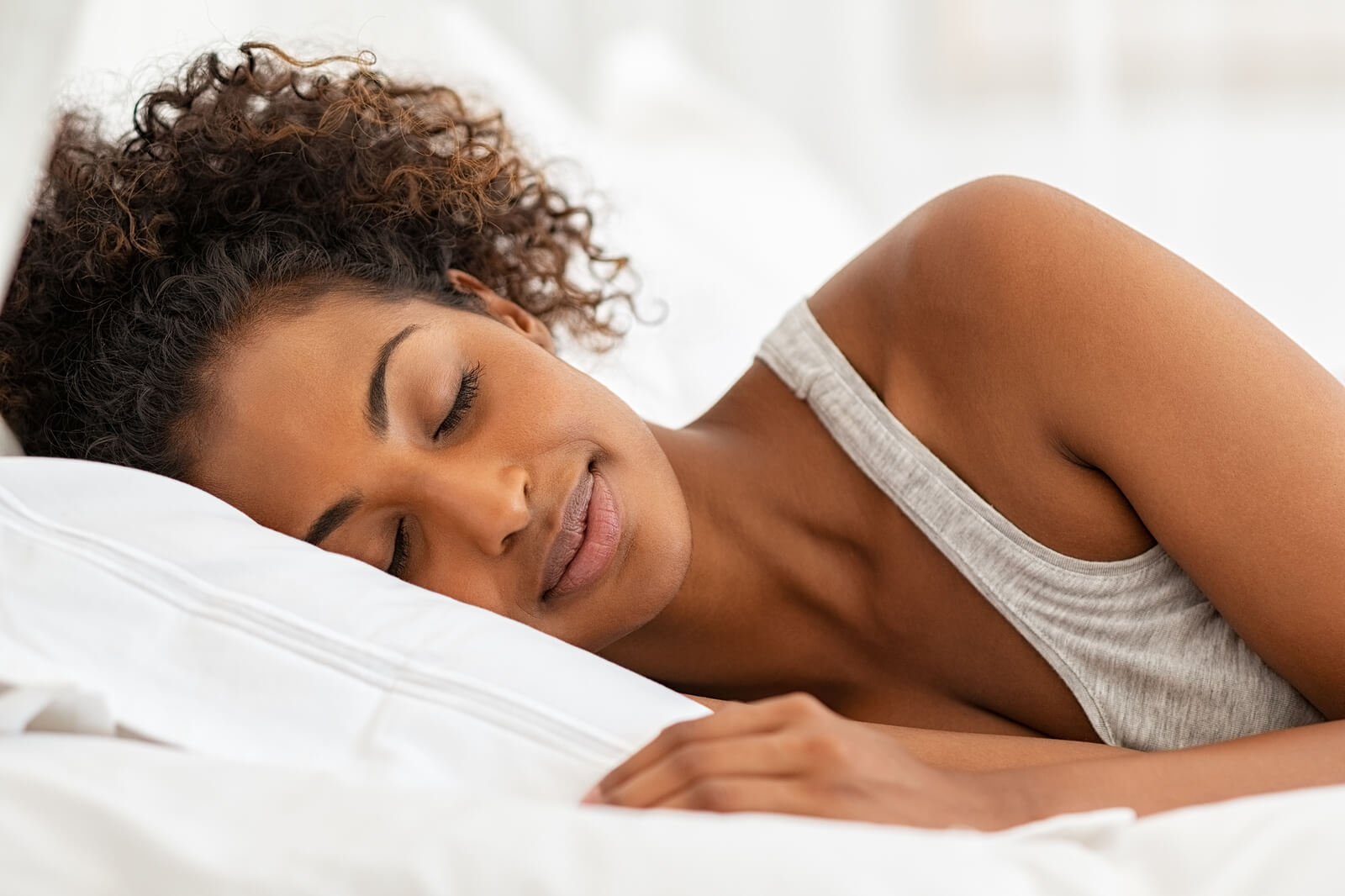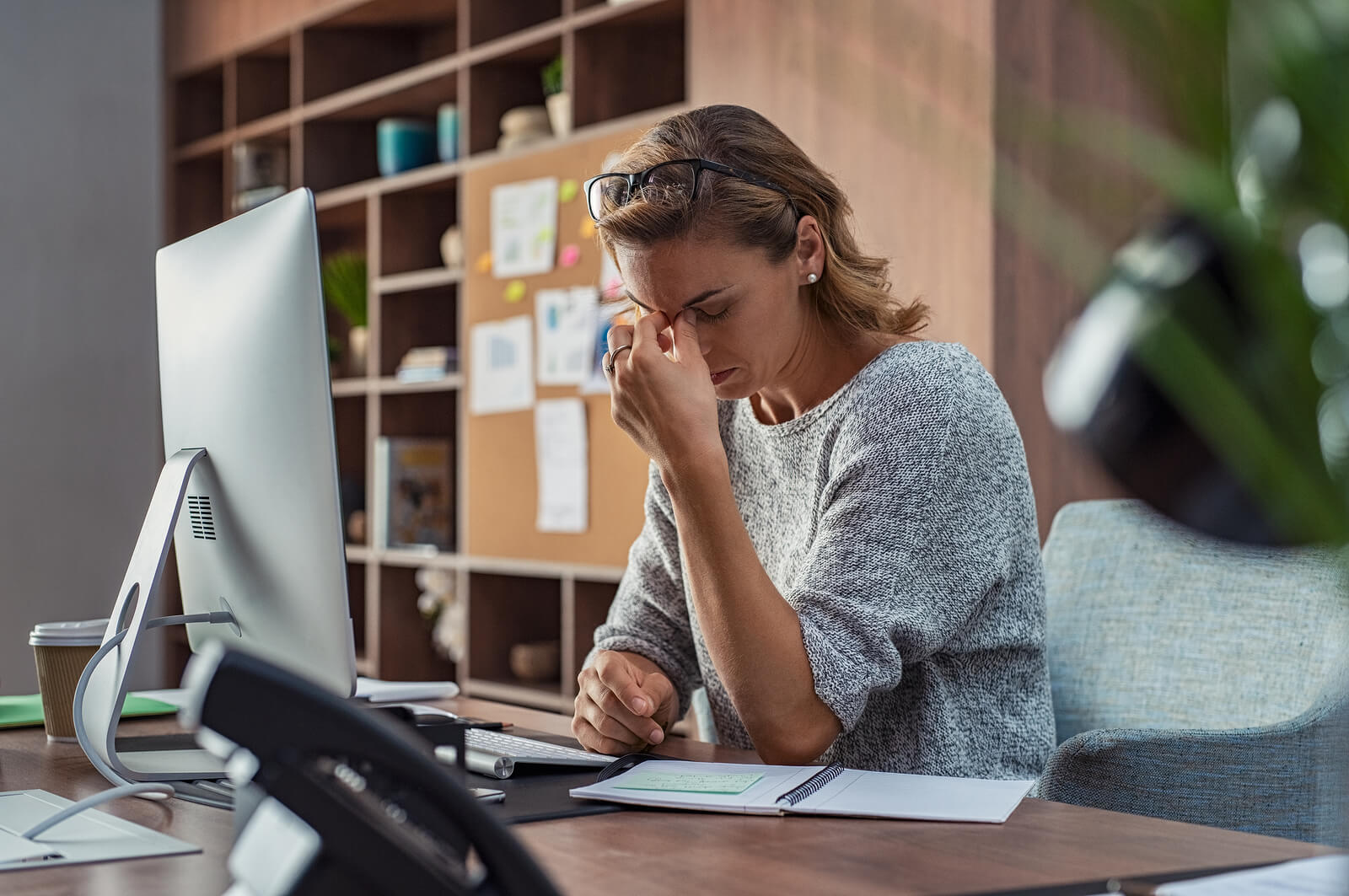All of our lives are looking very different to how they were a few months ago, with some of us working from home, some of us on furlough or unemployed, and all of us social distancing for the foreseeable future.
Have you been feeling more tired than usual during this unprecedented time? If so, you are far from alone in this.
It would seem we have become a nation of exhausted people since the COVID-19 outbreak began, with people reporting high levels of fatigue and grogginess.
The medical term for grogginess is ‘sleep inertia’, the symptoms of which are clumsiness, an inability to concentrate, and feelings of confusion or disorientation.
So, in this article, we’re looking at why exactly you’re feeling tired and groggy, and what you can do about it.
Why are you so tired during the pandemic?

Not only are you experiencing substantial physical differences to your life at the moment, but there are emotional changes happening, too.
After all, there’s a lot to think about right now: the pandemic itself, employment, childcare, how to keep yourself happy, how to help others, and so much more.
With everything that is happening, we are all functioning (or struggling to function) with high levels of stress and uncertainty.
Due to this, your sleep will no doubt be affected — perhaps through insomnia, which would be an obvious indicator for why you’re feeling so fatigued and groggy.
However, there can be many reasons for fatigue that are far less obvious.
Living on high alert and with feelings of helplessness in the face of the virus outbreak can be exhausting. Even if you don’t outwardly feel anxious, you have no problems getting to sleep and are clocking up a regular eight hours a night, the quality of your sleep can be affected.
If you wake up throughout the night, you’ll not be getting into a deep sleep, which will leave you feeling terrible the next day.
On top of this, you are currently spending far less time outdoors than usual, which means far less exposure to natural light.
You may not realise it, but natural light is “the main biological signal to alertness”, according to Professor Colin Espie, who is a professor of Sleep Medicine at the University of Oxford.
When you don’t get enough exposure to natural light, your body doesn’t switch off its secretion of melatonin — the sleep hormone — and so you are far more likely to feel sleepy throughout the morning and less alert throughout the day.
A lack of routine can also cause more problems than you might expect. With many of us working from home at the moment, it’s easy for the usual routines to get dropped and for the boundaries between work life and home life to blur.
When this happens, it can be incredibly hard to relax as you’ll never feel like you’ve switched off from work.
How to feel less tired during the pandemic

The good news is, there are actions you can take in order to wake up feeling refreshed and ready to face the day. Follow the tips below and wave goodbye to the grogginess!
- Cut caffeine from your diet or reduce your intake — especially in the afternoon and evening.
- Eat healthily and regularly, and never at bedtime or the hour leading up to it.
- Stay hydrated throughout the day but don’t drink lots just before bedtime.
- Talking of drinking, don’t use alcohol to help you sleep — it results in a night of worse sleep, and you’ll feel tired the next day.
- Exercise regularly, within government guidelines, as it boosts not only your physical health but your mental health too.
- Consider exercising outside in the morning, so your body receives the natural sunlight it needs to fend off the sleepiness.
- Don’t nap during the day if you can help it. If you must nap, only do so for 20 minutes, as any more will affect your proper sleep in the evening.
- When it comes to bedtime, if you’re struggling with sleep, it’s time to develop a new routine. Blue light from screens blocks the production of melatonin — the sleep hormone — so it’s essential not to use your mobile phone, tablet or laptop up to an hour before bed. Relatedly, I’d recommend you use a separate alarm clock and store your phone in another room to remove temptation. If you can’t sleep, don’t stress about it — get out of bed and move to another dimly-lit room to read a book or listen to a calming audiobook. Only return to bed when you feel sleepy.
- Additional tips for the bedroom include only using your bedroom to sleep in (don’t spend time in there during the day, if it can be avoided), de-cluttering your bedroom (calm space, calm mind), and keeping the room cool.
- Establishing a new morning routine can help, too. Don’t snooze your alarm — set it for a realistic time and get up when it sounds.
- Carry on your routines into the weekend.
- If you’re working from home, it’s essential to keep your home and work life separate. We wrote an article called How to Optimise your Home Office for Calm and Productivity, which covers this topic.
- This may sound counterproductive to tackling tiredness, but keeping busy is essential. Balance work duties out with fun, relaxing hobbies and keep your brain occupied.
- Tackle your anxieties through mindfulness, relaxation techniques, or meditation.
If you’re looking for a professional property to rent in Leeds, then we are able to carry out virtual viewings for some properties and safe, socially-distanced in-person viewings for others. Get in touch to find out more!

![[alt text]](https://pickardproperties.co.uk/wp-content/themes/pickard-properties/assets/dist/images/yorkshire-award.png)
![[alt text]](https://pickardproperties.co.uk/wp-content/themes/pickard-properties/assets/dist/images/insider-award.png)
![[alt text]](https://pickardproperties.co.uk/wp-content/themes/pickard-properties/assets/dist/images/labc-award.png)